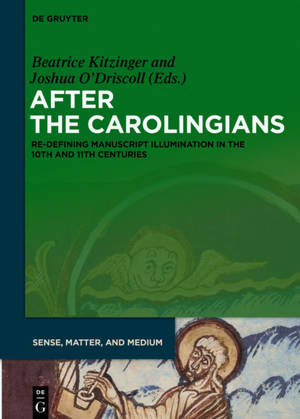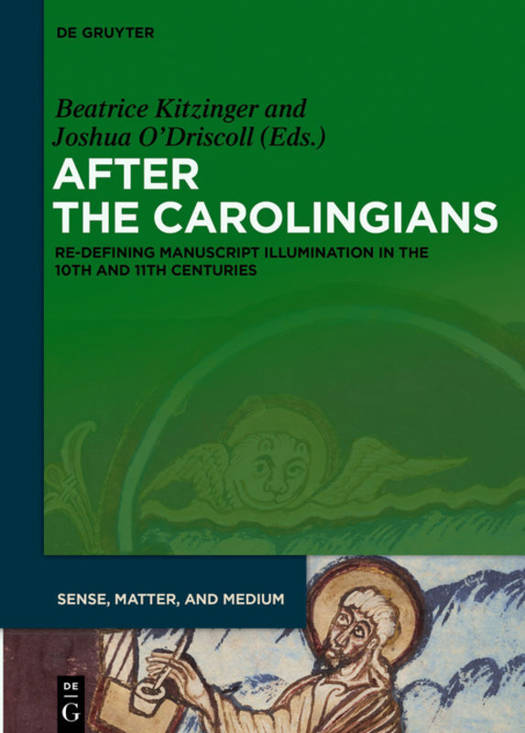
- Afhalen na 1 uur in een winkel met voorraad
- Gratis thuislevering in België vanaf € 30
- Ruim aanbod met 7 miljoen producten
- Afhalen na 1 uur in een winkel met voorraad
- Gratis thuislevering in België vanaf € 30
- Ruim aanbod met 7 miljoen producten
After the Carolingians
Re-Defining Manuscript Illumination in the 10th and 11th Centuries
Omschrijving
A volume that introduces new sources and offers fresh perspectives on a key era of transition, this book is of value to art historians and historians alike. From the dissolution of the Carolingian empire to the onset of the so-called 12th-century Renaissance, the transformative 10th-11th centuries witnessed the production of a significant number of illuminated manuscripts from present-day France, Belgium, Spain, and Italy, alongside the better-known works from Anglo-Saxon England and the Holy Roman Empire. While the hybrid styles evident in book painting reflect the movement and re-organization of people and codices, many of the manuscripts also display a highly creative engagement with the art of the past. Likewise, their handling of subject matter--whether common or new for book illumination--attests to vibrant artistic energy and innovation. On the basis of rarely studied scientific, religious, and literary manuscripts, the contributions in this volume address a range of issues, including the engagement of 10th-11th century bookmakers with their Carolingian and Antique legacies, the interwoven geographies of book production, and matters of modern politics and historiography that have shaped the study of this complex period.
Specificaties
Betrokkenen
- Uitgeverij:
Inhoud
- Aantal bladzijden:
- 493
- Taal:
- Engels
- Reeks:
- Reeksnummer:
- nr. 2
Eigenschappen
- Productcode (EAN):
- 9783110574678
- Verschijningsdatum:
- 8/07/2019
- Uitvoering:
- Hardcover
- Formaat:
- Genaaid
- Afmetingen:
- 178 mm x 244 mm
- Gewicht:
- 1338 g

Alleen bij Standaard Boekhandel
Beoordelingen
We publiceren alleen reviews die voldoen aan de voorwaarden voor reviews. Bekijk onze voorwaarden voor reviews.










